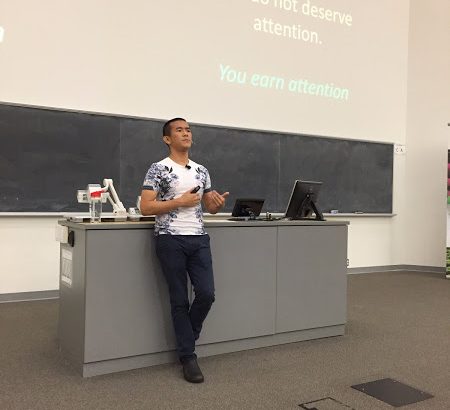
Robert Gooding-Townsend, Science in Society editor Late this February, gas prices in Vancouver surged to over $1.50 a litre, an increase of 20¢ in just two weeks. This was due to the shutdown of a key refinery in Burnaby. Around the same time, Taiwan was running out of toilet paper, which was partly caused by […]






